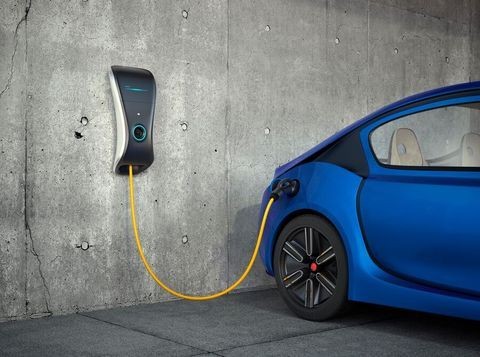Electric Vehicles EV
Overview
The transition to electric vehicles (EV) affords tremendous opportunity for transportation leaders to expand their market share and innovative new entrants to stake their claims. This includes car makers, Tier 1 component and equipment suppliers, battery and charging system manufacturers, vehicle fleet operators, and others. In 2022, worldwide sales of EVs climbed to more than 10.5 million vehicles and is projected to reach 14.3 million EVs sold by 2023 year-end. Global leaders continue to pursue policies and create incentives favoring the switch to low-carbon transportation systems. But embracing an all-electric future requires an understanding of the evolving policy landscape, a multidisciplinary lens on the legal and business risks associated with broad deployment of EVs, and adept counseling to navigate changing regulatory landscapes.
Insights
Client Alert | 3 min read | 01.17.25
Standard Essential Patents: Can They Cause Issues With Electric Vehicle Development?
A Standard Essential Patent (SEP) is a patent that claims an invention that is necessary to comply with a particular technical standard. These types of patents are in a variety of industries, including telecommunications, consumer electronics, and now the electric vehicle (EV) sector. In the context of EVs and interconnected vehicles, SEPs play an important role in enhancing interoperability, increasing safety, and fostering innovation. However, SEPs also present unique challenges, particularly in the EV industry where the intersection of technology, mobility, antitrust, and patent law create amplified complexities to the existence and legality of these essential patents. This alert explores the key problems associated with SEPs in the EV sector and implications for stakeholders.
Publication | 11.15.24
EV charging stations & connectors: the importance of design patents
Client Alert | 3 min read | 11.06.24
How Legal and Trade Developments Are Changing the E-Bike Market
Representative Matters
- Advising a U.S. automotive parts and services company on creation of an EV battery takeback and recycling program.
- Providing regulatory and liability counseling on battery fire incidents that occurred in electric vehicles.
- Providing ongoing support to a major vehicle component supplier to address regulatory and compliance issues with regard to both federal and California heavy duty vehicle standards.
- Advising several companies in both the on-road and non-road sectors regarding EPA and California mobile source greenhouse gas regulations.
- Providing a multinational car manufacturer with counseling and advice regarding zero emissions vehicle claims.
- Advising a U.S. automotive parts supplier on labeling, warnings, and litigation risk mitigation for its EV products.
- Advising a transportation client in connection with potential CPSC reporting obligations regarding the potential for lithium ion battery thermal events.
Insights
Client Alert | 3 min read | 01.17.25
Standard Essential Patents: Can They Cause Issues With Electric Vehicle Development?
A Standard Essential Patent (SEP) is a patent that claims an invention that is necessary to comply with a particular technical standard. These types of patents are in a variety of industries, including telecommunications, consumer electronics, and now the electric vehicle (EV) sector. In the context of EVs and interconnected vehicles, SEPs play an important role in enhancing interoperability, increasing safety, and fostering innovation. However, SEPs also present unique challenges, particularly in the EV industry where the intersection of technology, mobility, antitrust, and patent law create amplified complexities to the existence and legality of these essential patents. This alert explores the key problems associated with SEPs in the EV sector and implications for stakeholders.
Publication | 11.15.24
EV charging stations & connectors: the importance of design patents
Client Alert | 3 min read | 11.06.24
How Legal and Trade Developments Are Changing the E-Bike Market
Insights
EV charging stations & connectors: the importance of design patents
|11.15.24
EV Design & Manufacturing






